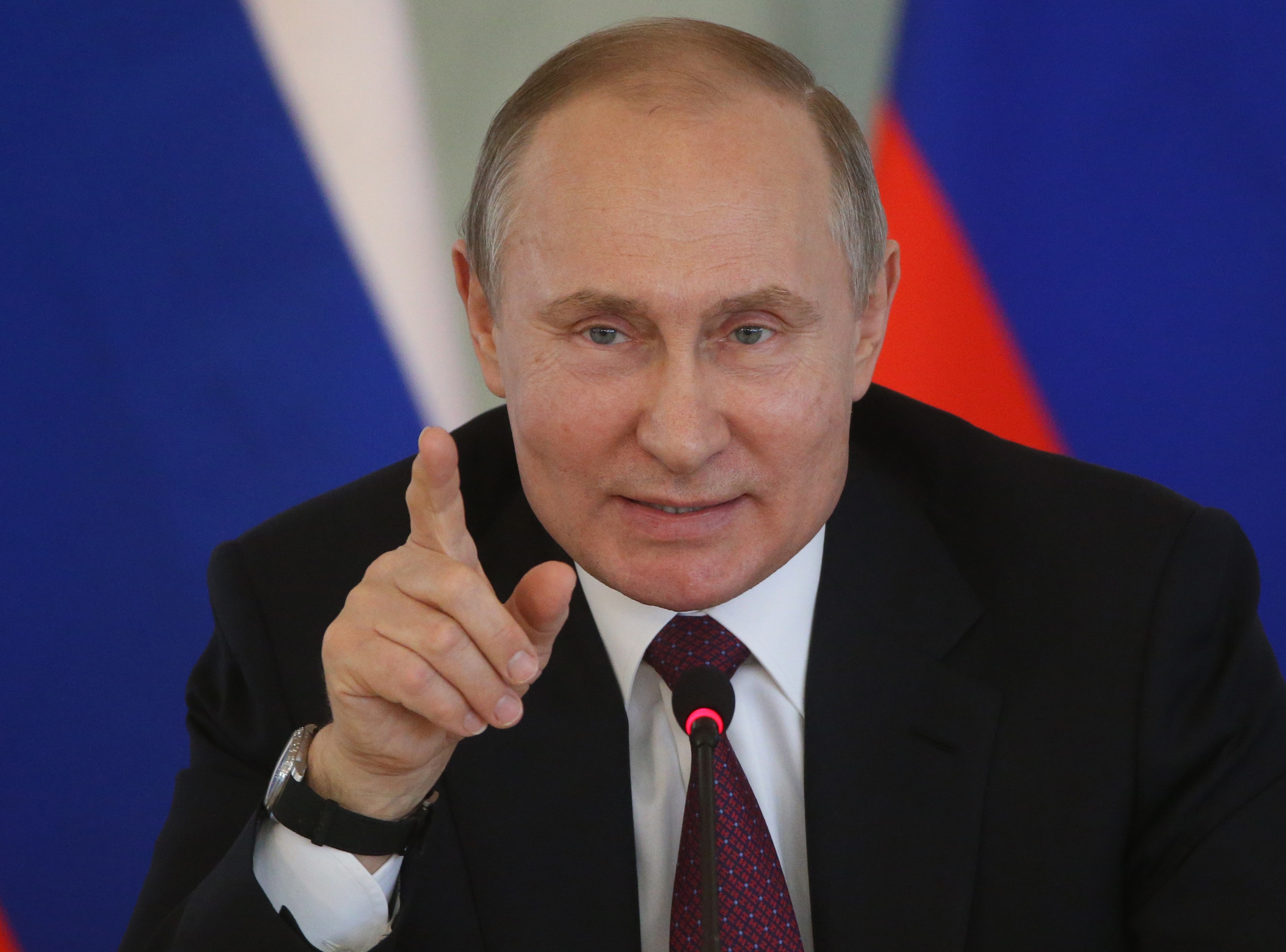President Vladimir Putin on Wednesday signed into law a “sovereign internet” bill which will allow Russian authorities to isolate the country’s internet, a move decried by rights groups.
Russian lawmakers insist the new law is necessary to ensure the security of Russia’s online networks but critics say the vaguely worded bill gives new censorship powers to government monitors.
The text of the law was published Wednesday but it will not come into effect until November.
The measures include creating technology to monitor internet routing and to steer Russian internet traffic away from foreign servers, ostensibly to prevent a foreign country from shutting it down.
The authors of the initiative say Russia must ensure the security of its networks after US President Donald Trump unveiled a new American cybersecurity strategy last year that said Russia had carried out cyber attacks with impunity.
Thousands of people recently rallied in Russia against this and other bills that critics say aim to restrict information and communication online.
Separately, Putin in March signed controversial laws that allow courts to fine and briefly jail people for showing disrespect towards authorities, and block media for publishing “fake news”.
Source: Guardian Newspaper




